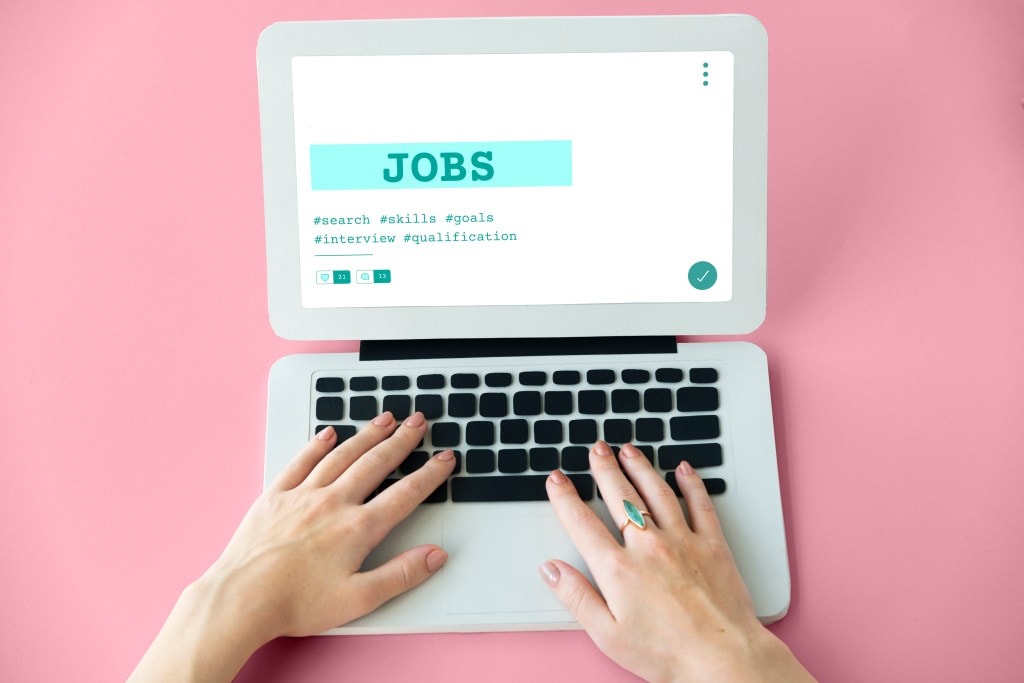While return-to-office policies are still up for debate, an increasing amount of evidence indicates that employers that require full-time office attendance may be jeopardising the productivity and loyalty of their staff. Although many businesses are pushing for a return to a physical presence, a study found that keeping top talent may depend on the flexibility of work arrangements.
A recent study by Stanford economist Nick Bloom and his team at WFH Research, published in Nature, sheds light on the significant benefits of hybrid work models. The research, conducted over two years with more than 1,600 employees at Trip.com, one of the world’s largest online travel agencies, found that employees working from home for two days a week experienced higher job satisfaction and were 33% less likely to quit than those required to work in the office full-time.
The findings resonate strongly with trends in India, where hybrid work is rapidly becoming the norm. According to the recent 15th annual Pulse of the Profession report by the Project Management Institute (PMI), 44% of Indian organisations have embraced hybrid work models, while only 10% have adopted fully remote setups. The report highlights that Indian companies increasingly support evolving work practices, with 54% providing coaching and mentoring to facilitate the transition, and 58% offering training—figures surpassing global averages.
The advantages of hybrid work are not just theoretical. Companies that offer flexibility are seeing tangible benefits, particularly in retaining a diverse workforce. Employees who face long commutes, those with caregiving responsibilities, and women, in particular, are more likely to stay with a company that offers hybrid options. “For many, the cost of commuting and the inability to live close to work are significant barriers,” noted a chief HR manager at a Noida-based IT firm. “By reducing attrition by a third, we are saving a lot in recruitment and training costs while keeping our talent pool intact.”
The trend is particularly evident among Millennials and Gen Z, who are reshaping the workforce with their digital fluency and desire for work-life balance. These generations are not content with traditional career paths; they are blending roles as employees, entrepreneurs, and creators, using digital tools to carve out multifaceted careers. Their preference for flexibility is driving the adoption of hybrid work models, which, far from diminishing their commitment, actually enhances their productivity and innovation.
“Millennials and Gen Z, who are sometimes described as opinionated, have a wealth of knowledge because of their access to data and internet connectedness. This knowledge saturation makes individuals well-informed and confident in their opinions,” said an expert and professor at SRM Institute of Science & Technology.
Moreover, companies that resist these changes may find themselves at a competitive disadvantage. As the war for talent intensifies, organisations that insist on rigid office policies may struggle to attract and retain skilled workers, particularly in industries where remote work is feasible and even preferable.
As the workforce continues to evolve, it is clear that flexibility will play a crucial role in shaping the future of work. Companies that embrace hybrid models are not only enhancing employee satisfaction and reducing turnover but are also positioning themselves as leaders in a rapidly changing economic landscape, the report stated.
Economic analysts are also taking note of the broader implications. With a growing number of businesses recognising the cost savings and productivity gains associated with hybrid work, the commercial real estate market is beginning to feel the effects. Companies are rethinking their office space needs, often downsizing or reconfiguring to accommodate fewer in-person staff, which could lead to long-term shifts in urban planning and real estate development.


